
College of Arts and Sciences
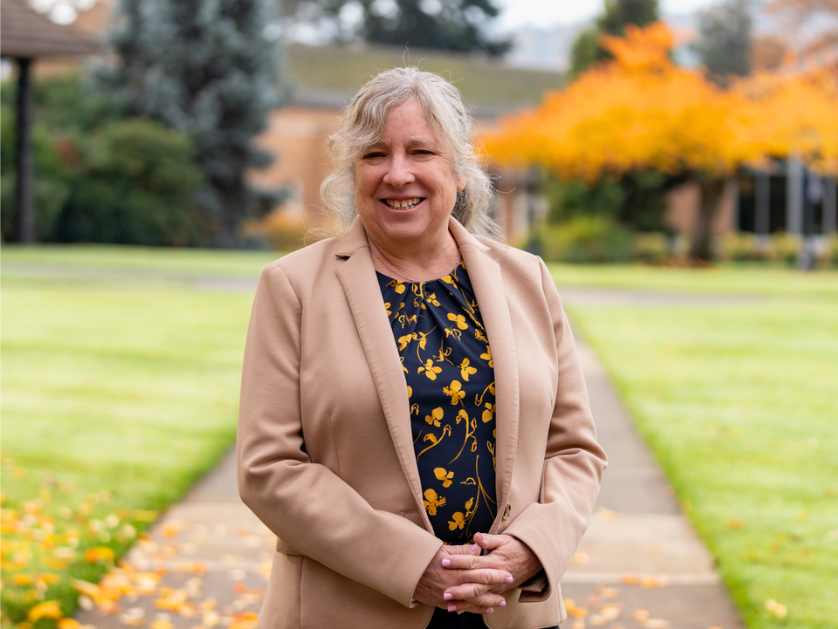
Welcome to The College
The oldest and largest school at University of Portland, the College of Arts and Sciences offers degrees in the humanities, natural sciences, performing arts, social sciences, and interdisciplinary fields. A liberal arts and sciences degree provides a versatile pathway to a multitude of careers, and the College takes full advantage of UP’s ideal location in creating hands-on career-building experiences out in the field, whichever one you choose!
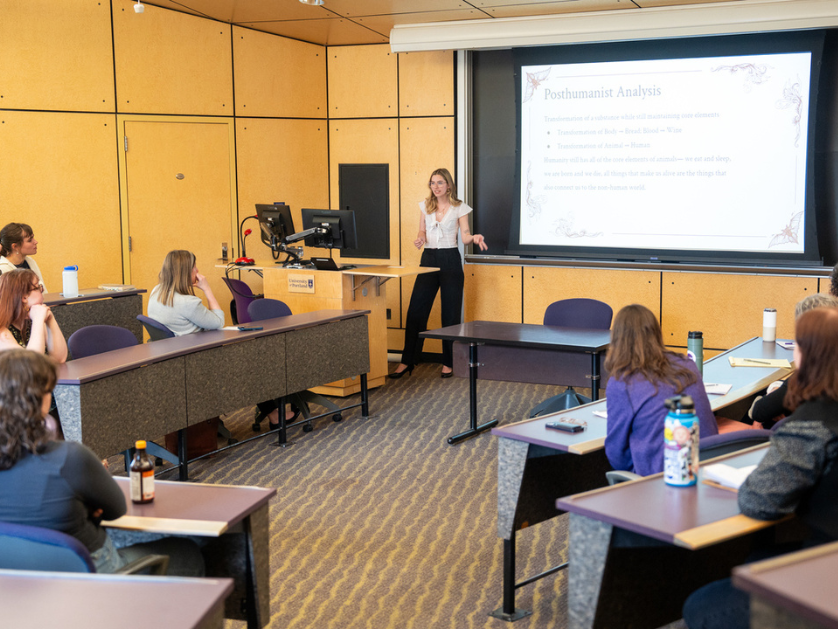
Expert Guidance & Unique Opportunities
Programs Offered
While R1 universities increasingly rely on graduate students as instructors, at UP all classes are taught by our esteemed faculty. This means you will receive expert guidance while earning your BA or BS with unparalleled opportunities for hands-on research work with faculty members throughout the academic year and summer in disciplines as varied as theology, biology, ethnic studies, and mathematics.
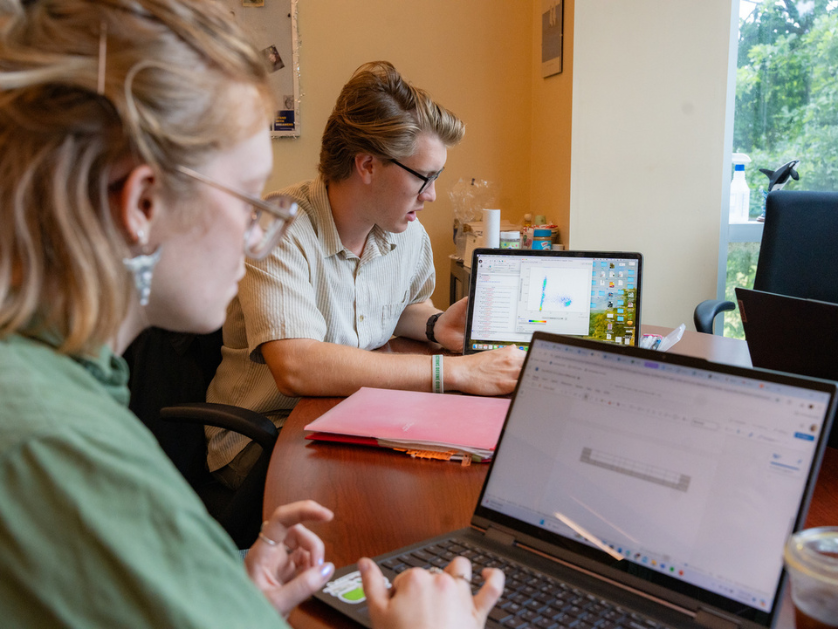
Pre-Professional Resources
A liberal arts and sciences degree provides a versatile pathway to a multitude of careers. As a student of the College, you’ll gain experience that will prepare you for any number of fields, including: Medicine/Healthcare • Law • Psychological Sciences • Government and Policy • Environmental Science.

Popular Departments & Programs
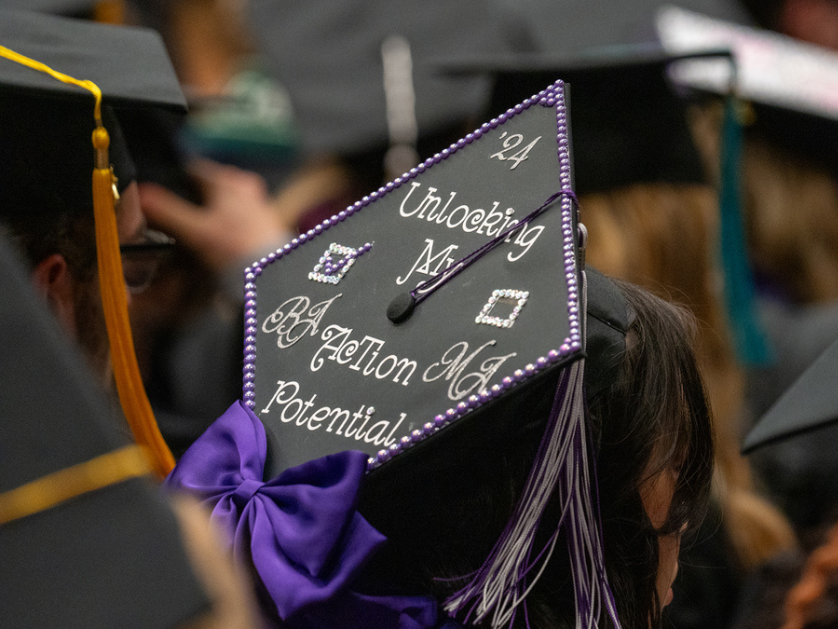
Personalized Career Support
No matter your major, the College offers a robust Student Success Network with a dedicated Advising Suite, a Student Leadership Council with representatives from every major in the college, and an Internships Department dedicated to connecting students with potential employers.
Get Involved on Campus
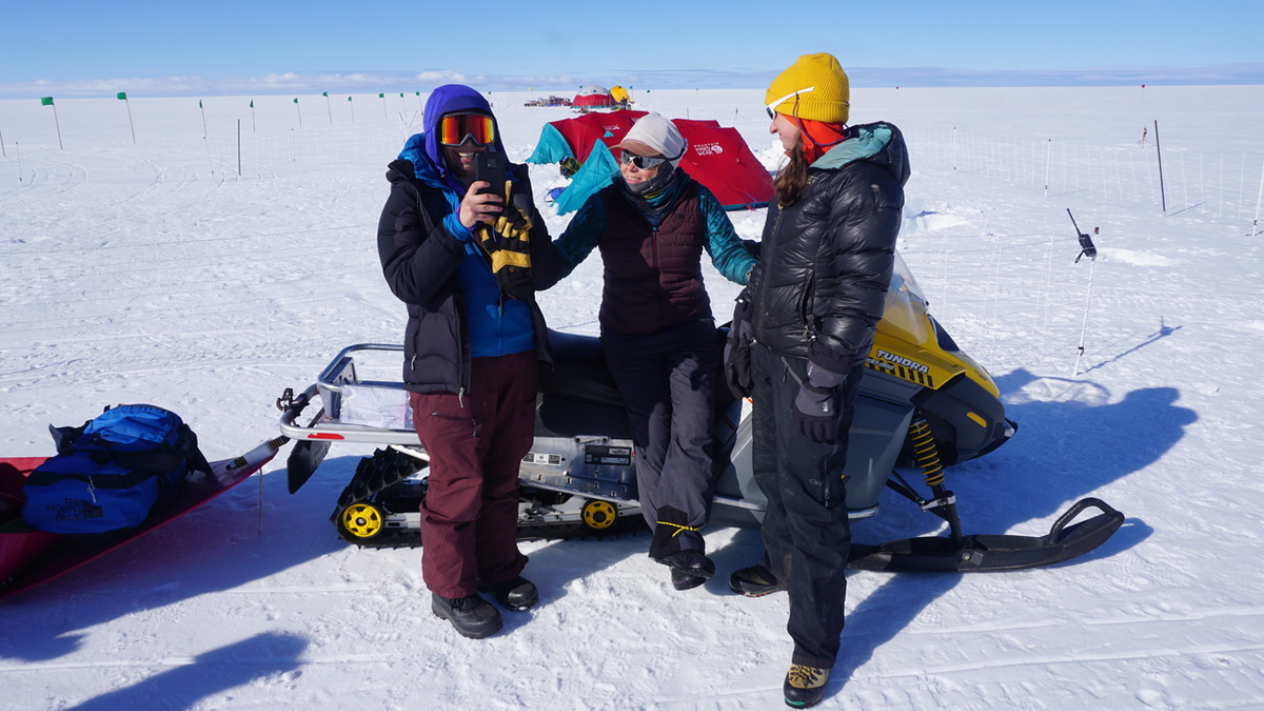
R1-Level Research, Hands-On Experience
Become a Public Research Fellow funded by the National Endowment for the Humanities, discover fieldwork opportunities on Mount Hood and the Juneau Ice Fields, or experiment in our environmental studies lab on the Willamette River, outfitted with a 40-foot research-grade sediment transport flume—you’ll have countless opportunities to engage in hands-on research that can literally change our world.
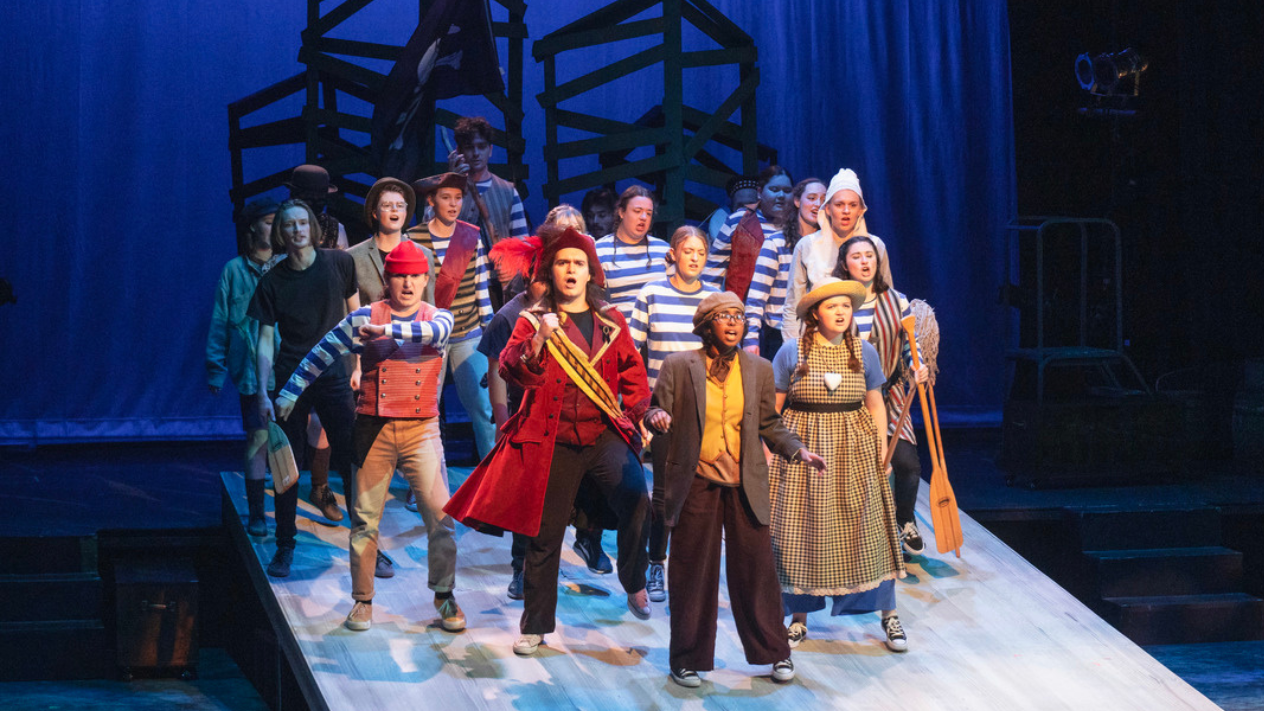
Fine Arts Performances & Events
Pursuing a fine arts degree at UP means working with a collective of artist-teachers who are committed to helping you succeed and accomplish more than you ever thought possible. Our nationally accredited music and theater programs combine rigorous training and academics with performance opportunities on our campus and within the vibrant arts community of Portland.
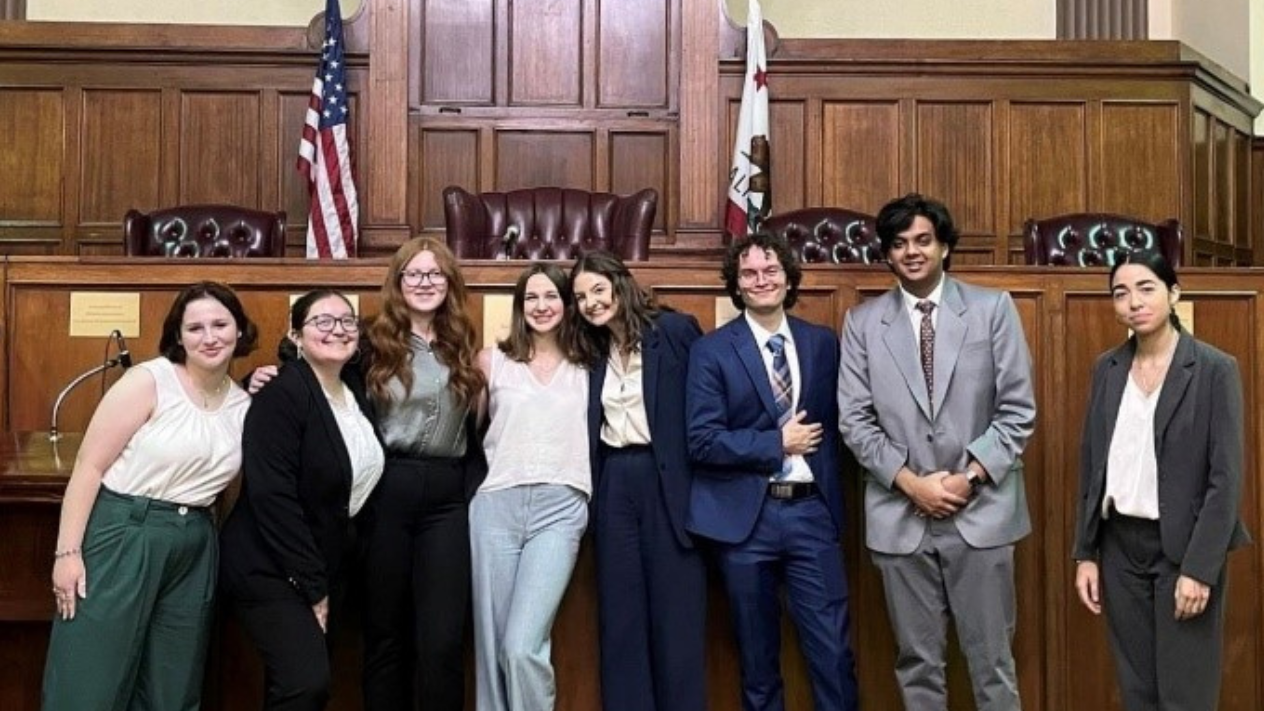
Mock Trial Group
In Mock Trial, students develop persuasive public speaking skills, practice critical thinking, refine analytical reasoning, and engage in oratory argument. Students also practice trial advocacy, learn legal procedures, and study the Federal Rules of Evidence. The program competes in tournaments all across the country, against over 400 other undergraduate colleges and universities through the American Mock Trial Association.
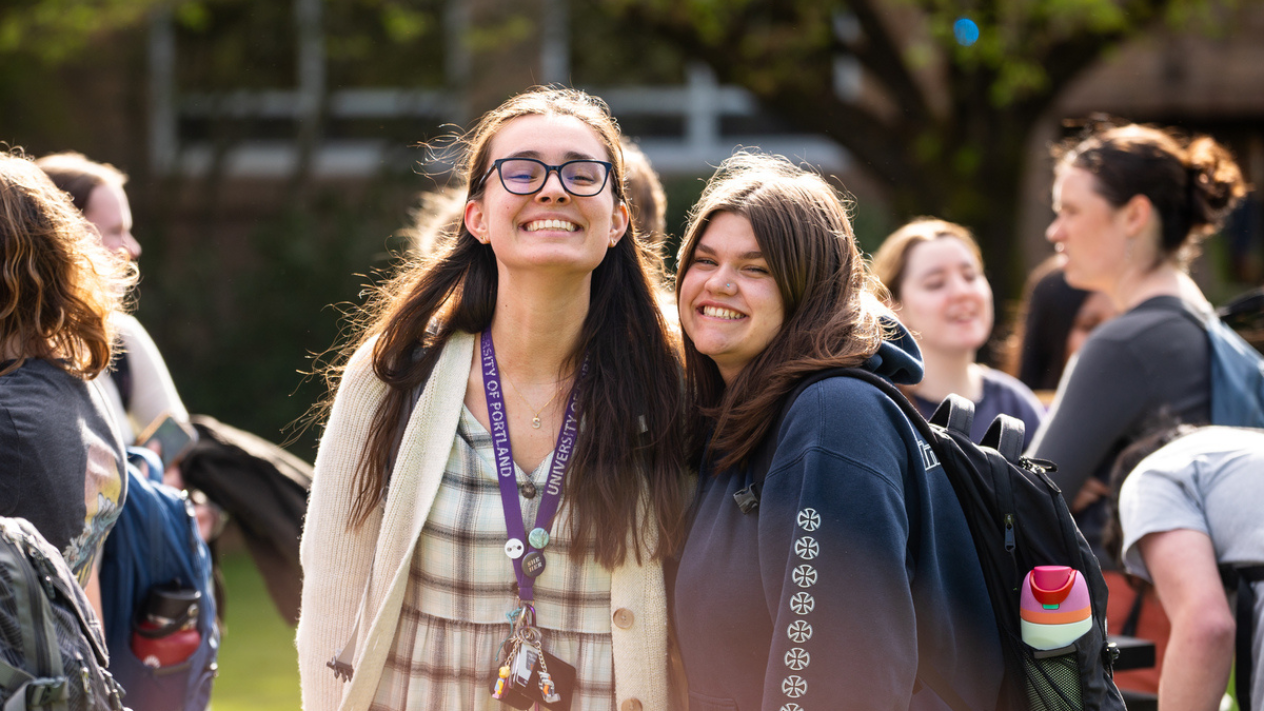
Student Leadership Council
Each department in The College has a faculty-appointed student leader in their field of study. In addition to outreach with other students in their disciplines, these student leaders engage in professional development activities and plan student-focused events. Students may be rising sophomores, juniors, or seniors and serve for a one-year term.


